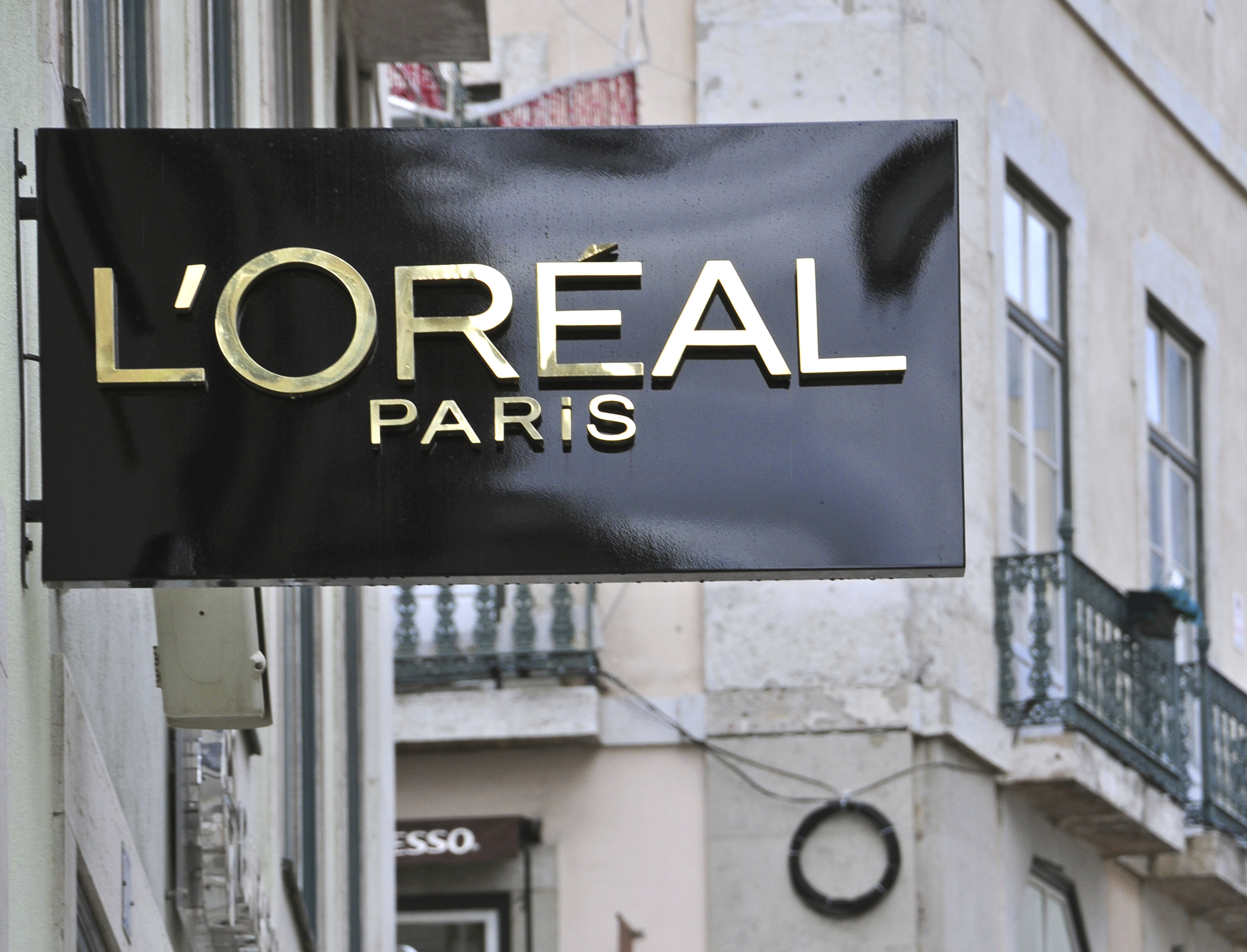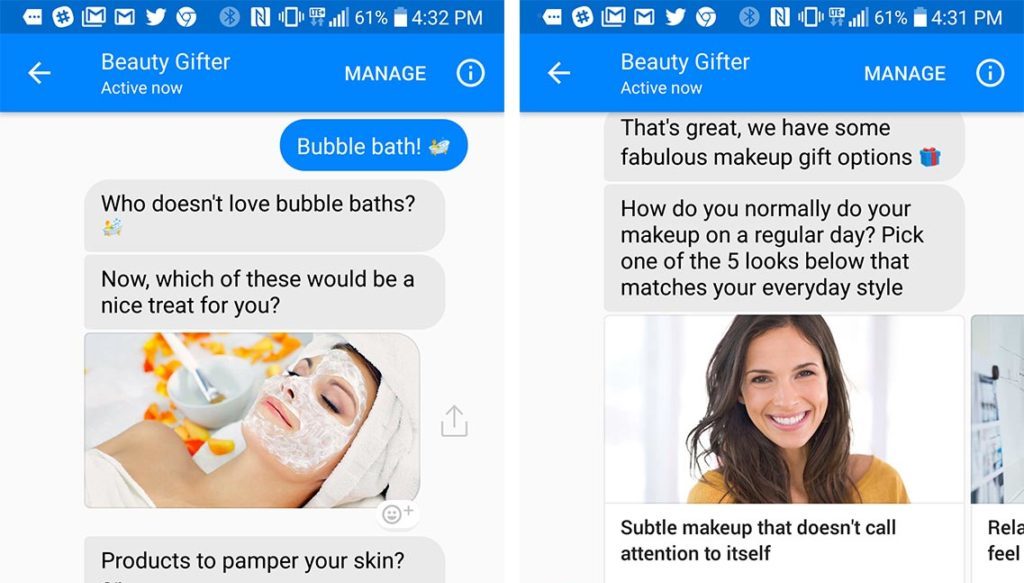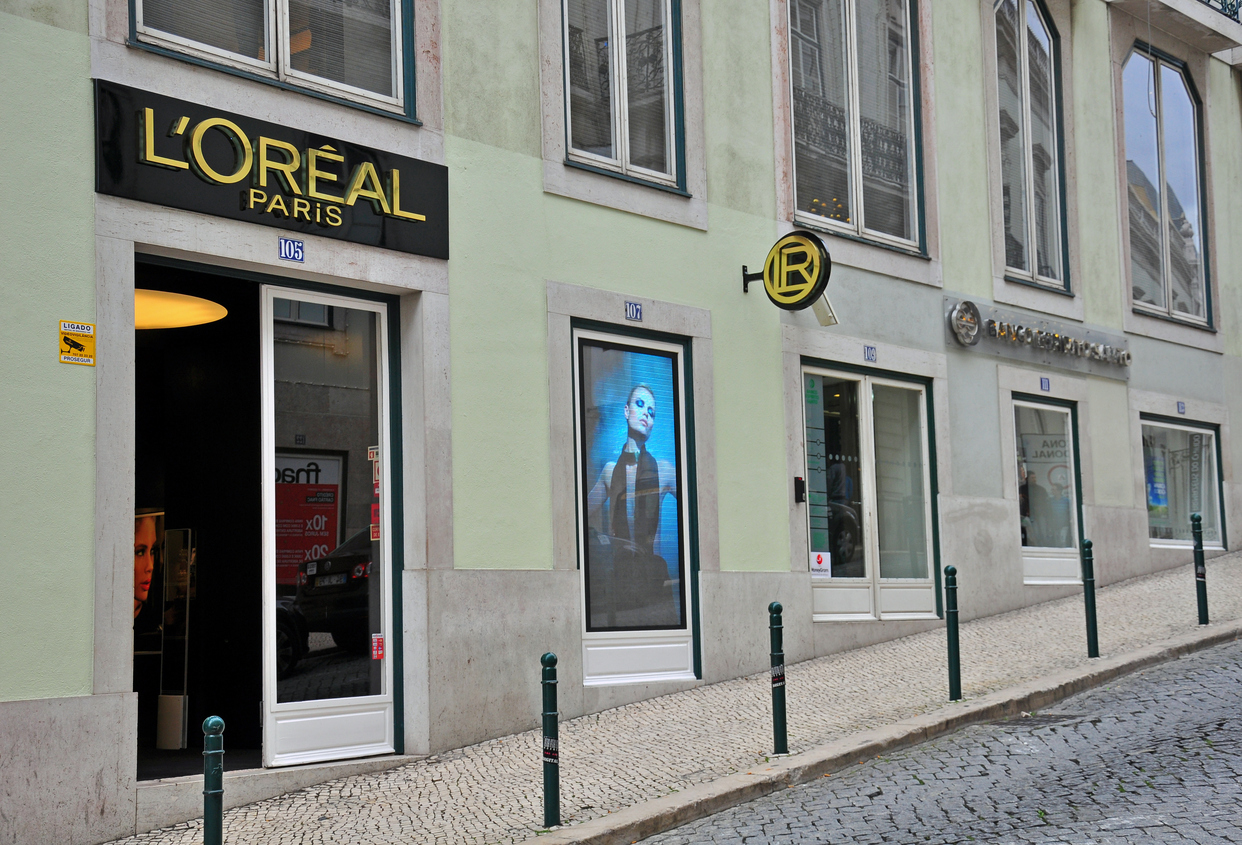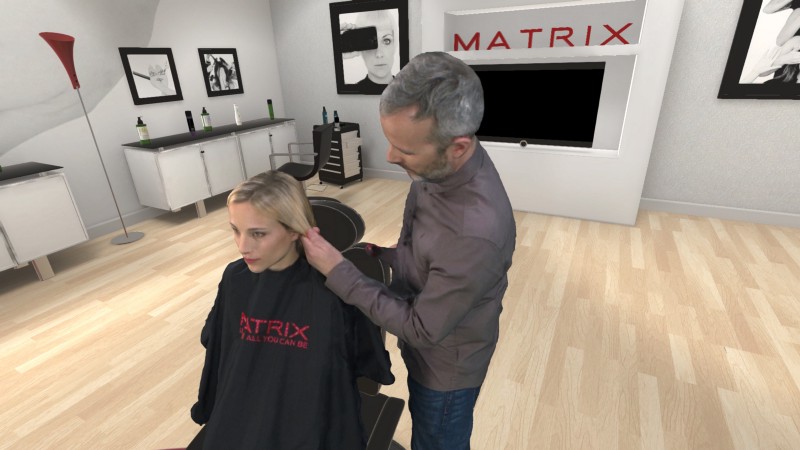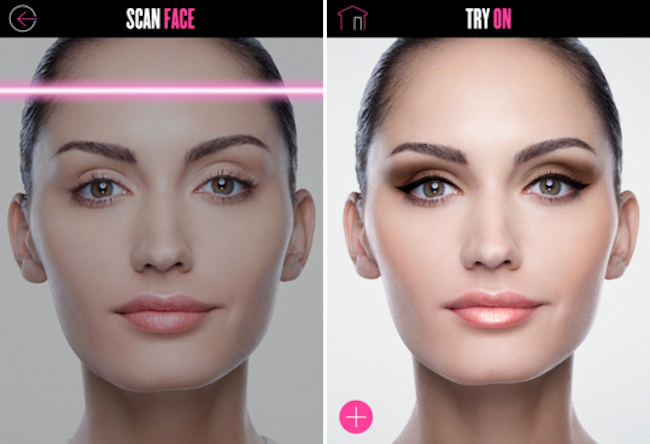What Happened
L’Oréal continues to embrace augmented reality technologies to promote its beauty products. As part of a cross-promotion with the Cannes Film Festival, the cosmetic giant is allowing users of its popular YouCam Makeup app to project 64 glamourous red carpet makeup looks from the festival onto their own face and learn makeup skills. In addition, the app also shared livestream directly from the event, hosted by beauty influencer and L’Oréal’s brand ambassador Liza Lash.
What Brands Need To Do
Increasingly we are seeing beauty brands incorporating AR technology into their services to optimize their customer experiences. L’Oreal’s Makeup Genius app and Covergirl’s BeautyU app are good examples of how beauty brands can leverage the advanced capabilities of smartphones to provide extra utility throughout the consumer journey. With Apple introducing mobile AR to iOS apps with the launch of ARKit, brands should now be more even incentivized to explore AR so as to add a little reality-bending magic to their mobile experience.
Source: Glossy
